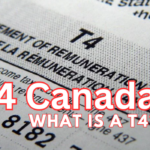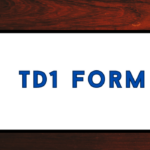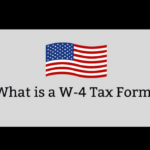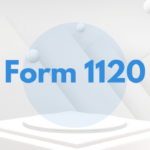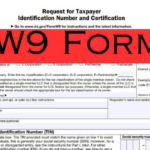Check out the latest update on the PIP Beneficiaries Face £975 Income Gap When Payments Replaced with Vouchers: Says Report Here. The proposed changes to the Personal Independence Allowance by the DWP have sparked significant concern among claimants and advocacy groups.
PIP Beneficiaries Face £975 Income Gap When Payments Replaced with Vouchers
The Government of the UK is planning to make significant changes in how to offer benefits to people with disabilities and long-term health issues. To get PIP Benefits, people must undergo assessments to see how their health affects their daily lives. The payment is made every four weeks and has two components.
Currently, PIP provides up to £737 per month to help cover the additional costs associated with disability. However, the new proposal could replace ongoing cash payments with vouchers and grants, especially for purchasing equipment and treatments. Critics argue that this shift could create a substantial income gap for incapacitated individuals.
|
Important Links |
Reports On PIP Beneficiaries Face £975 Income Gap
According to the Disability Price Tag study by Scope, households with disabled members require an extra £975 per month to maintain the same living standards as non-disabled households. This amounts to around £11,700 per year, mirroring the additional costs disabled individuals face for necessities like adaptive equipment, therapies, and daily living expenses.

Mike Adams, CEO of disability organization and founder of EnableAll, has underlined the diverse and often considerable costs associated with disability. EnableAll is an accessible online marketplace that aims to set new standards in disability accessibility. These costs extend beyond mobility aids, affecting everyday expenses such as accessible accommodation during travel, higher insurance premiums, and specialized delivery services.
Reason of PIP Voucher Over Cash Payment
The adjustments aim to save money and alleviate claims. But this could make life harder for disabled individuals. It might also add more paperwork to a system that is already tough to use. The work and pension secretary, Mel Stride, said wrongly that people get thousands of pounds per month. He later corrected it every year. This makes it sound like benefits are easy to get.
The claimant often suffers from bad communication from the Department for Work and Pensions, and applications are hard to complete due to complex health issues. Additionally, this plan ignores that many disabilities are lifelong. It takes away choices and suggests disabled people cannot manage their money or know what is best for them.
What Issues Will PIP Claimant Face If Cash Payment Is Shifted to Vouchers?
Allowing the disabled to claim only a specific cost could hurt many disabled people. They might not have extra money to pay upfront and wait for the Government to pay them back. This could cause problems for PIP claimants as most of them utilize it to pay rent and bills. Studies show disabled households need £975 more each month to live, like non-disabled ones.
Around 2.6 million people claim PIP, and the number is growing each year. About 33,000 new claims are made monthly, double the rate before the COVID-19 pandemic. Almost a quarter of UK adults are suffering from a health issue or disability, and the Government says spending on benefits could go up 63 percent over five years. Moreover, the accessibility of online shopping platforms remains a significant concern.
|
Important Links |
All We Know
Campaigners stress that cash payments are necessary because they offer flexibility to address unforeseen and immediate needs that arise due to disability. They also argue that vouchers and grants might not be sufficient to cover the unpredictable expenses or provide the independence that cash payout offers. However, the government wants to switch from giving regular cash to offering vouchers for services like counseling and one-time payments for home changes.
Meaning that people have to show receipts for things like transportation or medical bills to get compensation. While the DWP focuses on controlling costs with the proposed PIP reforms, critics argue that these changes could broaden the financial gap for disabled individuals, impacting their ability to maintain independence and meet essential needs effectively.
